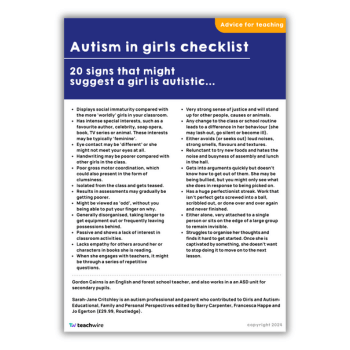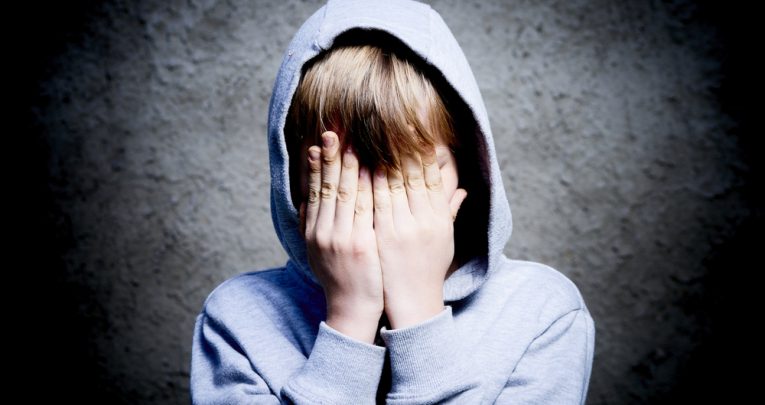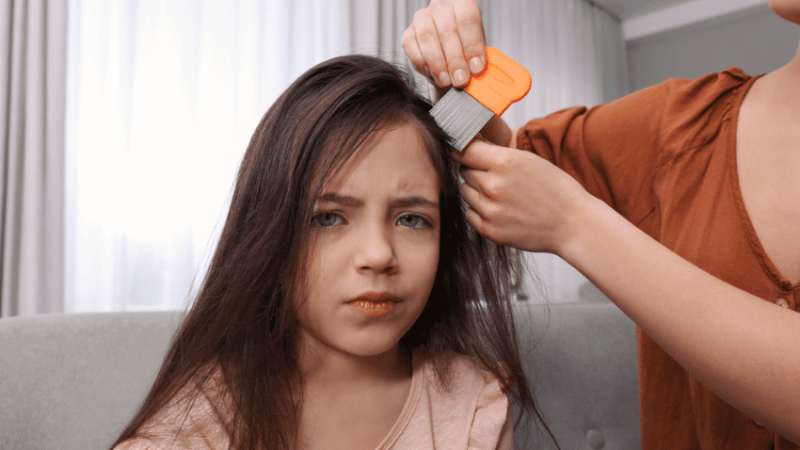Golden time – Avoiding ‘dull-eyed automatons’

Academic progress is important, but we mustn’t lose sight of giving children genuine choices in school…

- by Jane Manzone

Improving academic standards, and creating a tightly disciplined environments have been high on the political agenda for the past few years.
The dominant vision for schools makes little mention of choice for children in a relentless anti child-centred narrative, and there is no talk of genuine joy in the conversations surrounding the latest evidence-based teaching models.
If we require children to behave in increasingly restricted ways in order to provide the ideal learning conditions, we have to ask, is there a danger of creating dull-eyed automatons?
I also question any definitions of joy within the latest fashionable pedagogies, if that ‘joy’ appears through artificial ceremonies rather than the spontaneity of unexpected human interactions. We all know what an oxymoron ‘organised fun’ is.
I have spent the majority of the last 25 years teaching in Years 5 and 6. My recent move to EYFS has been a fascinating if exhausting ride.
Initially I was overwhelmed by the drastic changes in my daily routines, as well as to how and what I had to teach these tiny people. Things like ‘putting on a coat’ or ‘holding my knife and fork properly’ had simply not occurred to me.
Half a term in though, I am beginning to find my feet, and have had some time to really reflect on the differences. I am really loving my job.
Joy of learning
Children aged four bounce into school. To a lesser extent you can see this as children move up, but it is very apparent in our youngest pupils.
Of course there are some tears as they get used to being away from primary care-givers, but with a little support to overcome this, they soon begin to really enjoy school.
Much of a teaching day in EYFS consists of child-led conversations and interactions. A crucial element to teaching extremely young children is listening and guiding them as they are at play.
My observations these past few weeks have thrown into sharp relief the difference on the ‘joyometer’ readings between this phase and KS2.
I have been considering what it is that causes the dampening of exuberance and lessening of laughter at length as children travel up the school, as it does seem to me a real shame that this happens.
Firstly, there is a lot of talk in EYFS. A little listen in to their conversations and you can hear them negotiating and assisting each other in all manner of things.
We humans are social creatures so it stands to reason that these levels of social interaction make my class happy.
We sing and dance a lot. The singing and especially the dancing result in a lot of laughter. Make a silly noise or pull a daft face of any sort and a class of four-year-olds are almost certain to erupt in fits of giggles.
There is notably less singing and dancing as you travel further up the school, and there is a lot less room for silly noises or faces.
Promoting independent learning
I believe the main reason for the change in the ‘joyometer’ though is choice. It’s great to have choice isn’t it? We all love feeling like we have control over what we do.
Children are no different. As they move up the school, children’s choices over the school day reduce drastically.
When I was at school in the 1980s, Friday afternoons were ‘Golden Time’ for the whole school. Even when I first started teaching this was a common thing. I haven’t heard of a school which still has ‘Golden Time’ in KS2 for quite a while.
Does this matter? I mean, self-regulation and focused attention are important right? Well yes, they are, but we mustn’t lose sight of giving children genuine choices.
The more you remove choice from human beings the harder they will find it to discover pleasure in what they do. That’s why we send people to prison. It is a punishment to have no choice.
Clearly there have to be rules in schools, as there are in life. Children have to get used to the world, but the world does have choices for adults.
Are the environments we are creating a true reflection of this? Are we over-structuring and constraining variables for the right reasons?
I’ll leave you with this thought: Would you prefer to see children choosing to go to a poetry club for Golden Time or a whole school reciting ‘The Charge of the Light Brigade’? I know which one I’d go for.
Jane Manzone has been a primary teacher for 25 years. She currently leads EYFS and English in Farringdon, and hosts a weekly radio show on Teachers Talk Radio. Follow Jane on Twitter @HeyMissSmith.









